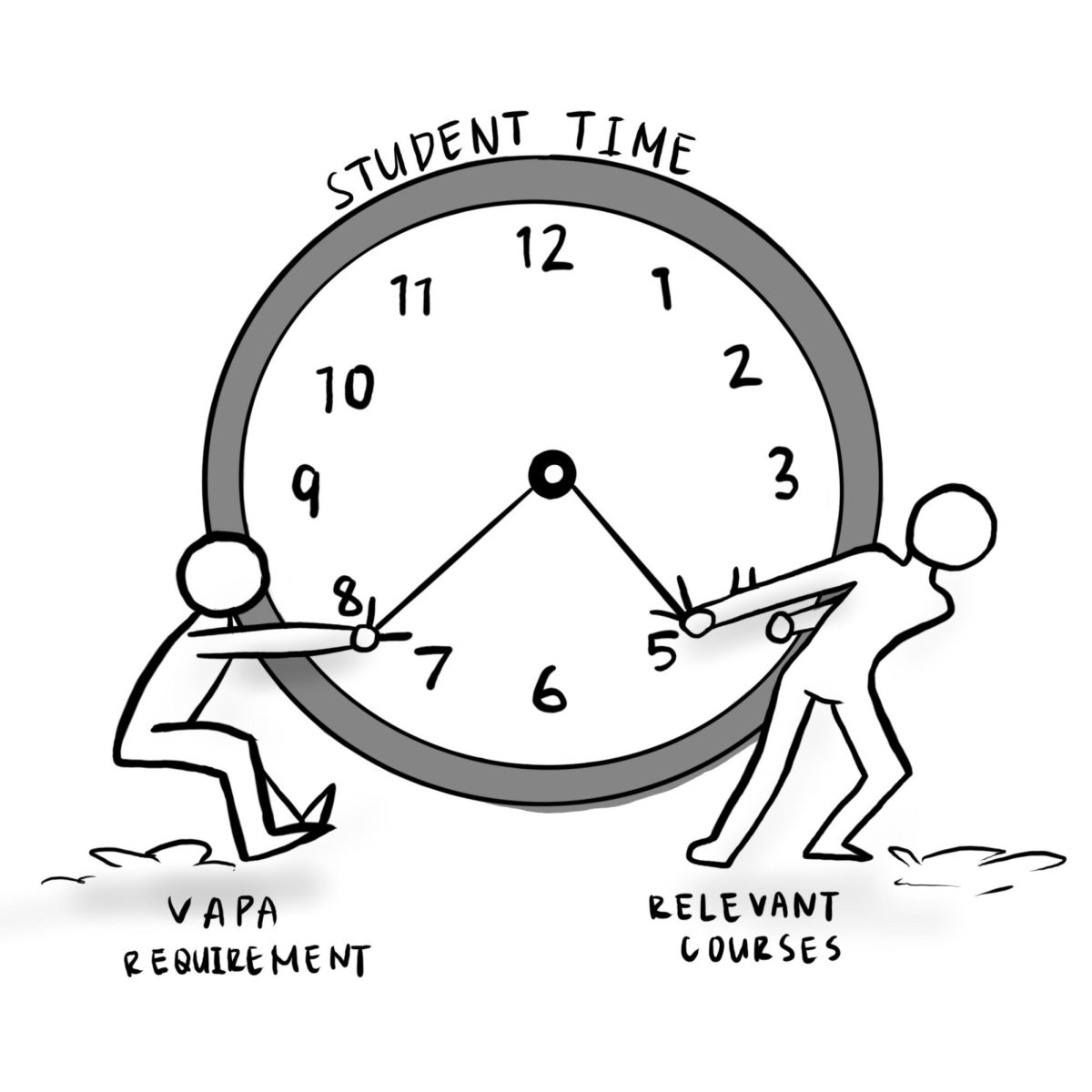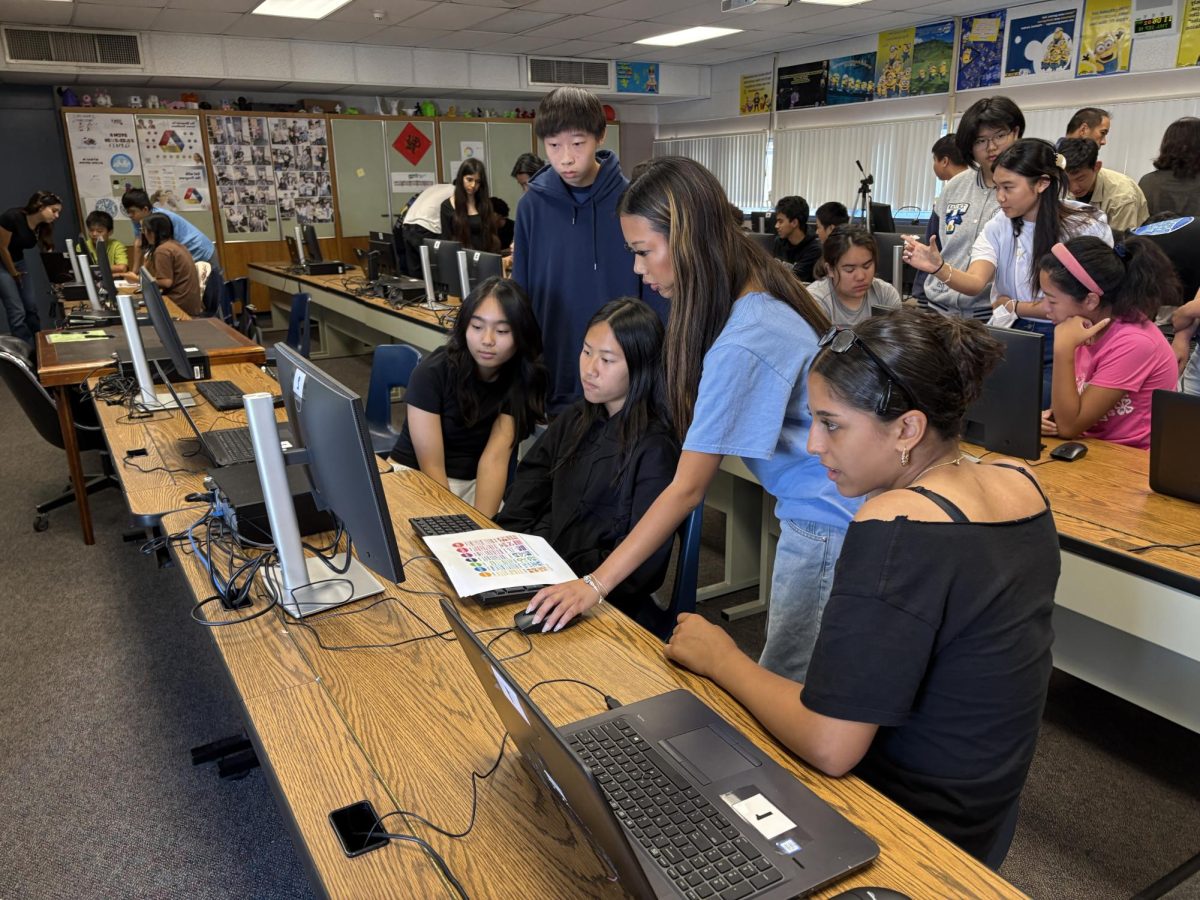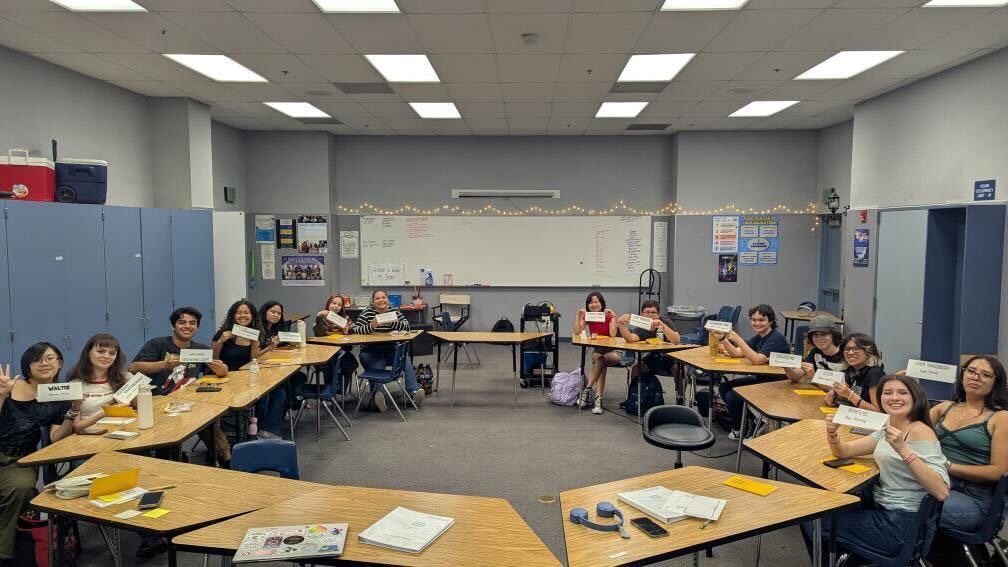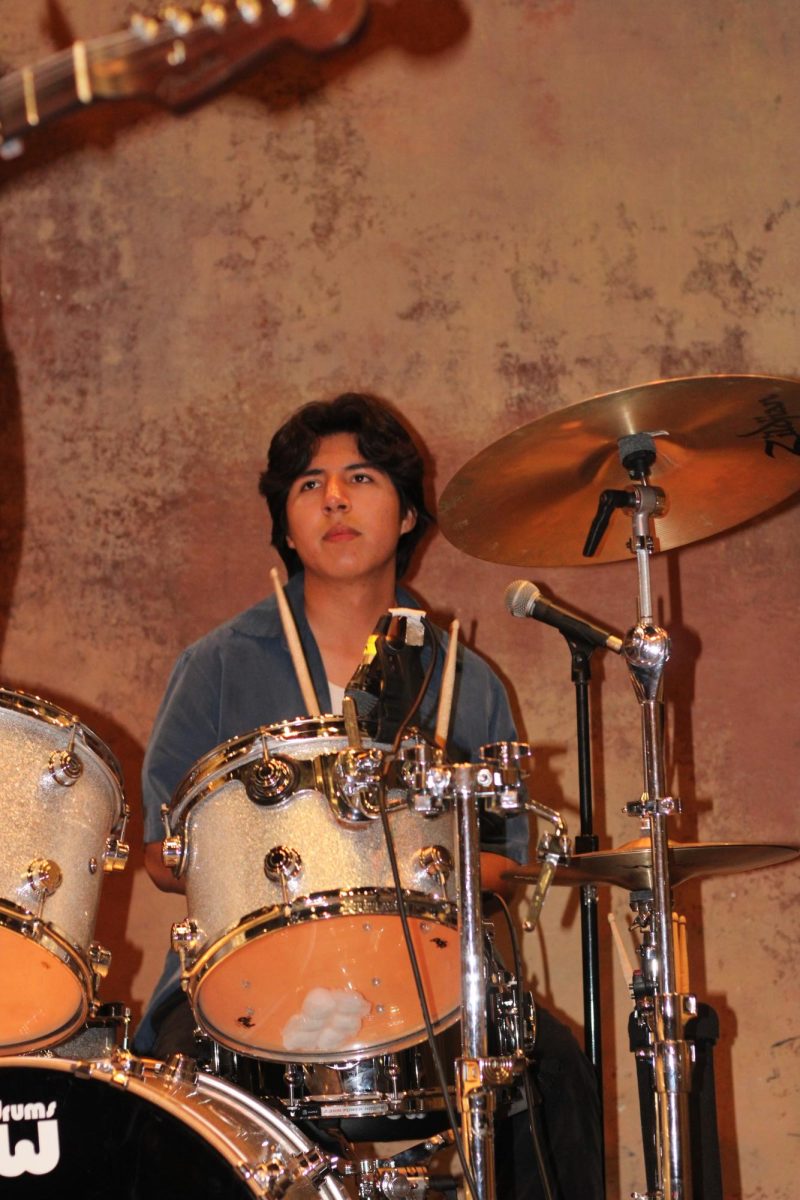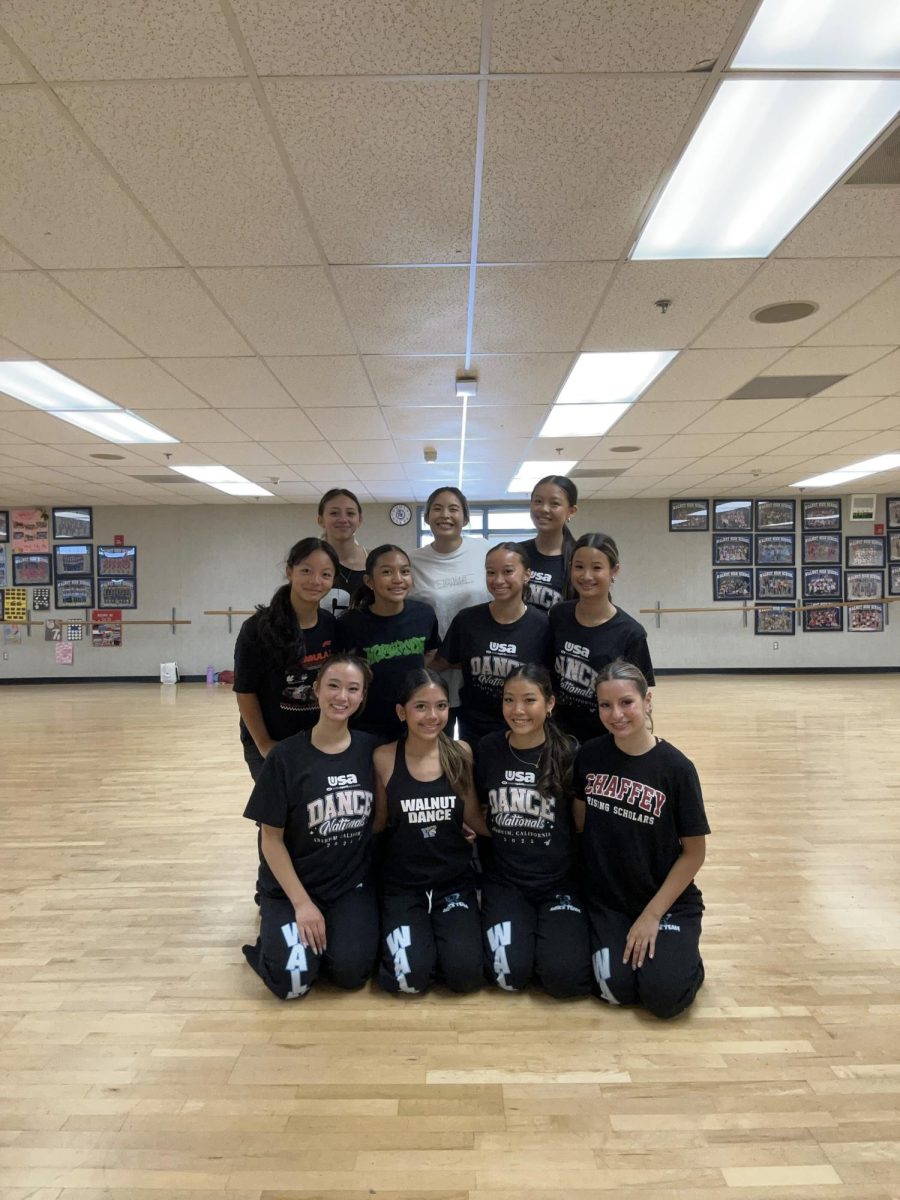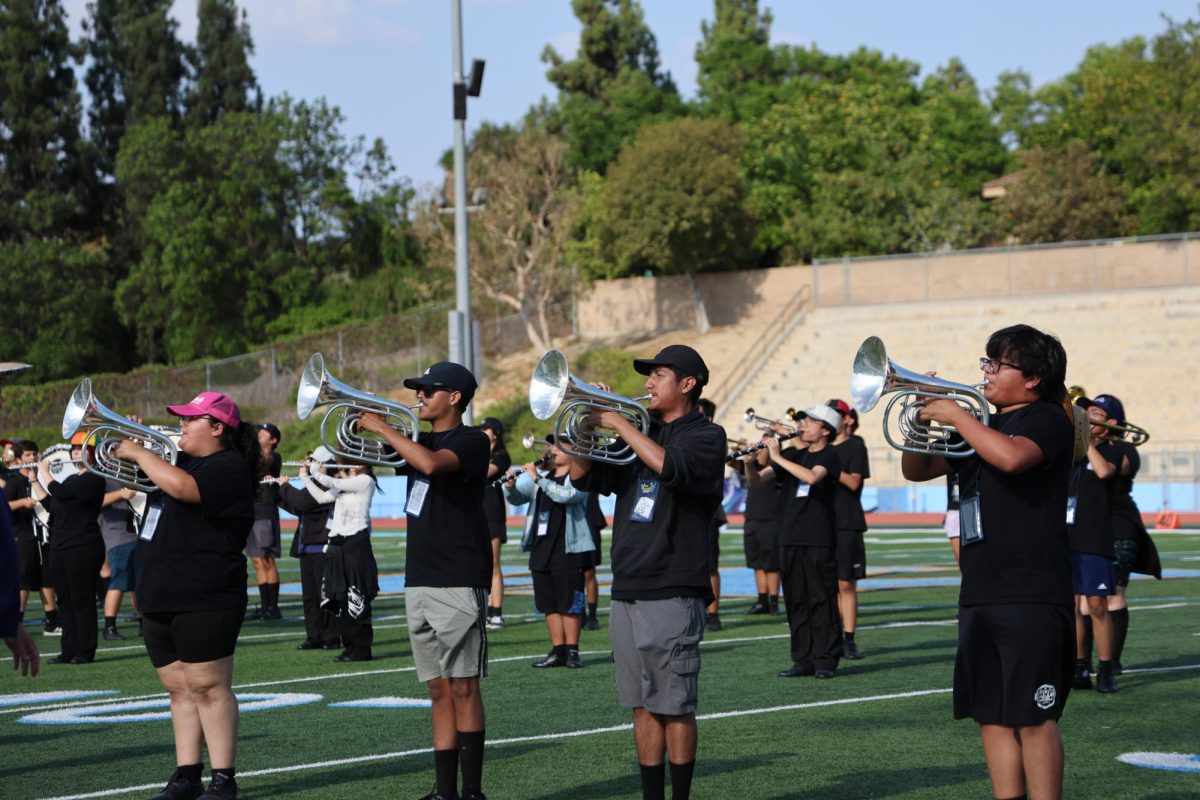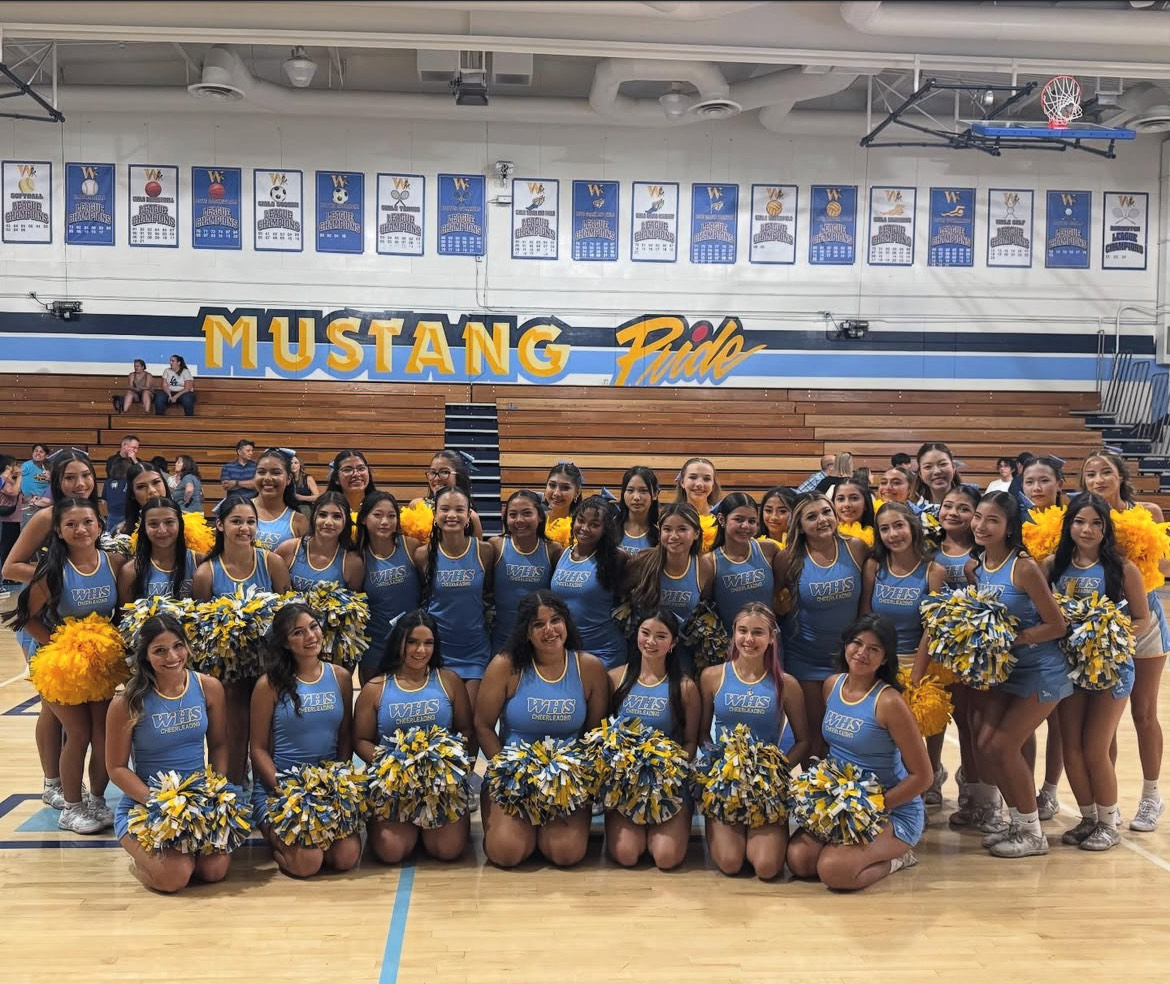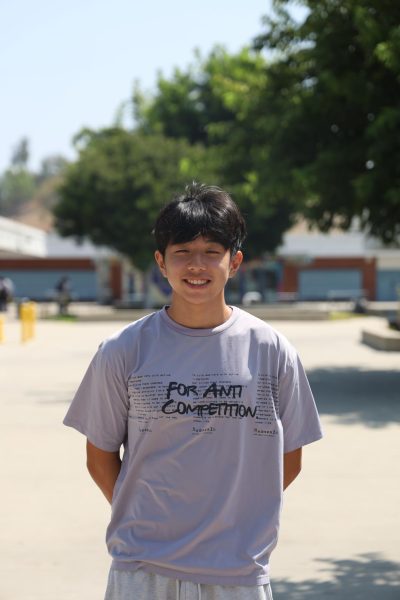You are making your high school schedule, planning to take classes essential for your future career and realize you’re stuck squeezing in a Visual and Performing Arts (VAPA) class you don’t want. Countless students in California experience this each year, as many schools, including Walnut High School, require a year of VAPA credits.
VAPA classes fall under the F category in the A-G graduation requirements and includes classes such as Digital Video Production, Drama, Art History and more.
For students not pursuing careers related to these VAPA classes, this requirement feels unnecessary. Many students aiming for competitive colleges already struggle to fit all the necessary core and advanced courses such as Advanced Placement (AP) classes into their schedules. Adding an obligatory arts class often forces students to drop other electives more suited for their goals, punishing them for prioritizing their future career. This flexibility could give students the chance to focus on skill-building opportunities such as coding, financial literacy or hands-on projects.
VAPA classes can be helpful as a way to expose students towards a wide variety of classes and skills. However, while it is important to exercise teamwork in a class such as Drama, these skills are not unique to VAPA classes. Science, Technology, Engineering and Math (STEM) or leadership electives such as Physics or Associated Student Body (ASB) can also help students practice these abilities while aligning more closely to their career goals.
Furthermore, not everyone is artistically inclined, and forcing uninterested students into these classes creates an ineffective learning environment. When students are enrolled in classes because they are forced to, their lack of enthusiasm can restrain creativity and motivation for both themselves and their classmates. Imagine being paired in a group project with someone who sleeps in class; those who are passionate about the arts are unable to learn effectively with unmotivated students. Not every career requires knowledge of the arts, and while appreciation for art is important, it doesn’t necessitate an entire year of coursework for those uninterested.
With the growing emphasis on careers such as engineering, business or health sciences, students would benefit more from choosing electives that directly support their ambitions. By making VAPA classes optional, these students can free up a few classes from their schedule to make room for other classes that will be more helpful towards their future.
Though some people argue that VAPA classes provide a creative outlet for students, schools should encourage students to explore the arts instead of forcing them. Offering workshops could work better to expose students to VAPA courses without burdening their entire schedules.
High school should be about giving students the freedom to choose classes that fit their goals, passions and future aspirations. VAPA classes should remain an option, not a requirement. By removing the VAPA mandate, schools could empower students to design schedules that make sense for them, whether that means diving into computer science, focusing on advanced writing or even pursuing their love for these arts. Ω

